Women in digital sciences
Date:
Changed on 07/03/2024
Nataliia Bielova is a computer science researcher in the PRIVATICS team. From September 2021 to December 2022, she was seconded to the CNIL (Commission nationale de l'informatique et des libertés).
Her area of research is online privacy and data protection. She is developing a multidisciplinary approach, collaborating with specialists in law and design. She is particularly motivated by the impact her research can have on society. In the field of privacy and data protection, she seeks to inform and enlighten policy-makers by providing them with cutting-edge research results to inform their decisions in these areas.
She recently received the "Rising Star" award from W@Privacy, which supports and promotes women working in the fields of privacy and data protection.
Image
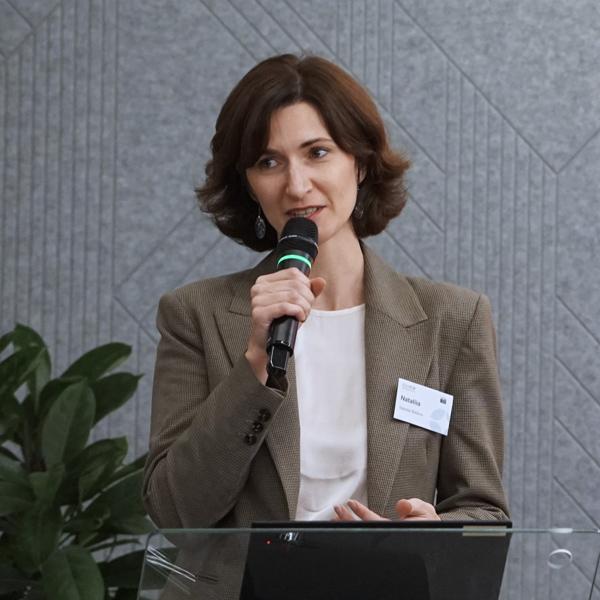
Verbatim
Based on my own experience, I know that even a single role model can have a great impact on a young woman's career choice.
Auteur
Poste
Research scientist
Alesia Herasimenka has just completed her thesis in applied mathematics, co-financed by the European Space Agency (ESA), at the Inria centre of Université Côte d'Azur in the joint team with LJAD, and is developing work on the controllability and optimal control of solar sails, opening up new fields of possibility in the exploration of the Universe and future space missions. She has just been awarded a L'Oréal-UNESCO Young Talent Fellowship "For Women in Science" 2023.
Her role model? Ever since she was a child in Minsk, Belarus, she's dreamed of following in Marie Curie's footsteps. She was delighted to have been able to follow in Marie Curie's footsteps in her university career, studying at the Sorbonne in Paris.
She recognizes the importance of being encouraged throughout her career, and of receiving positive feedback:
Image
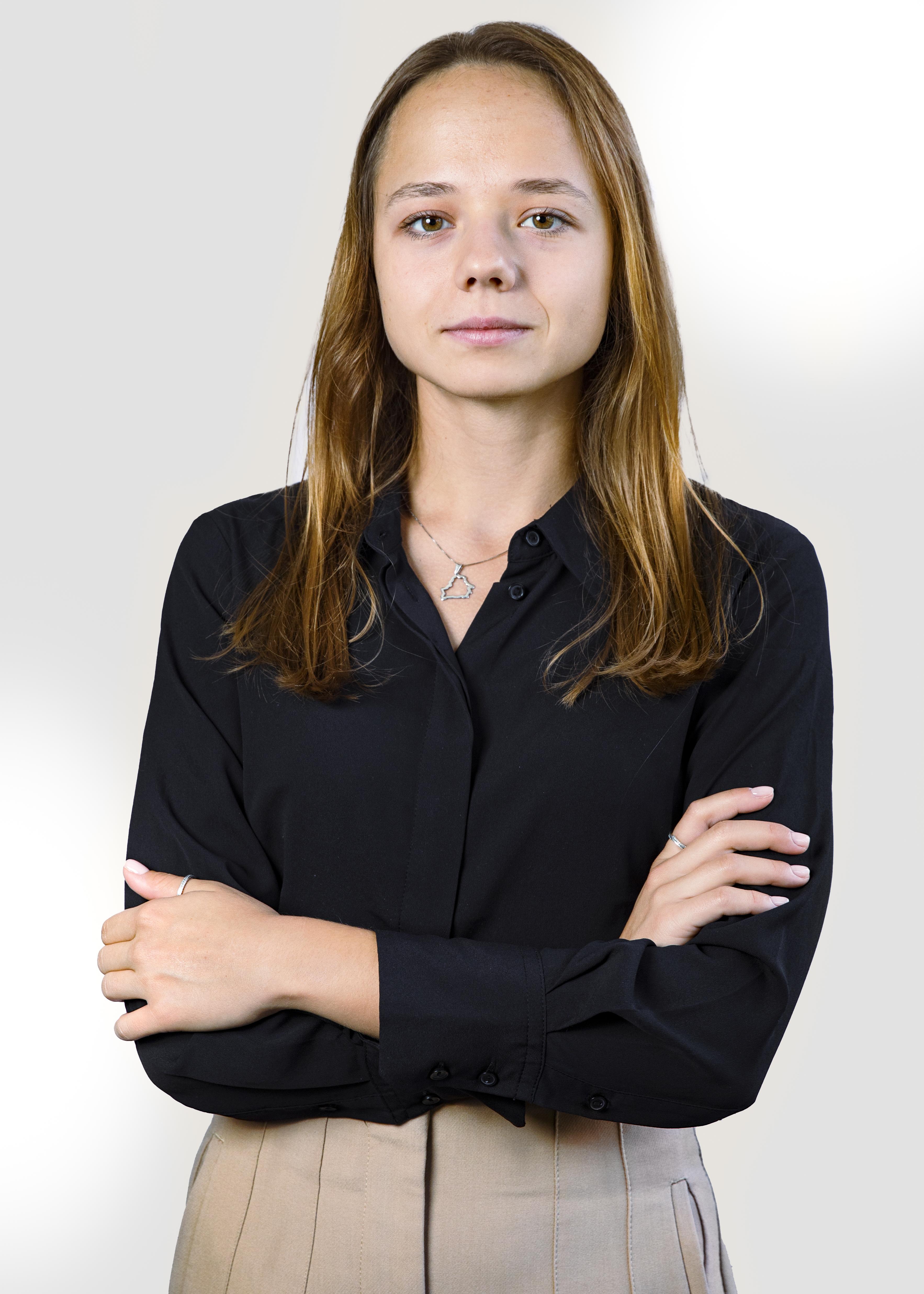
Verbatim
Personally, I feel I'm doing something useful for society because my work, in the long term, will enable new space missions that will bring us new knowledge about our universe and humanity itself.
Auteur
Poste
PhD student at Inria
Florence Marcotte, a researcher in fluid mechanics at Inria's Centre at Université Côte d'Azur in the joint-team Castor with Laboratoire JA Dieudonné, has just been awarded a European ERC Starting Grant. This funding will enable her to further her research into the the dynamics of electrically conductive fluids, which can generate an electromagnetic field in stellar systems through a process known as the dynamo effect.
As a child, she was fascinated by photos of volcanic plumes or waves appearing in certain cloud layers. That's how she discovered that fluid mechanics was beautiful and alive. Today, she studies electrically conductive fluids, whose movements give rise to distant magnetic fields... at the very heart of the stars. But what she likes best about being a researcher is the right to make mistakes. Not only do researchers often make mistakes before arriving at a solid result, but that's how they grow, progress and end up pushing back the horizons of their field of research!
Her advice to young women:
Image
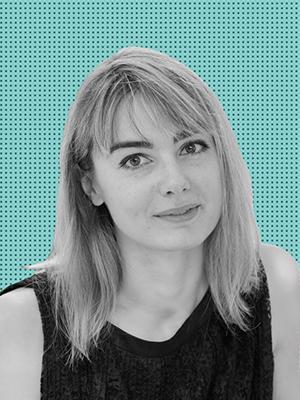
Verbatim
Give yourself the right to make mistakes, approach mathematics as a game of riddles, have fun programming, and above all do what you love. Go for it girls, we need you in science!"
Auteur
Poste
Research scientist
Swarn Priya, a doctoral student in the Stamp project-team at Inria centre at Université Côte d'Azur, is preparing her thesis on the creation of secure and reliable software using formal methods, and is working on certifying the correctness, security and reliability of software by ensuring that it does not leak sensitive information by indirect means using machine-verified profs. She has just been awarded a L'Oréal-UNESCO Young Talent Fellowship "For Women in Science" 2023.
Originally from Bihar in India, Swarn Priya was confronted with gender stereotypes and discrimination. From an early age, girls are taught that they should succeed in caring for their families rather than in professional life. While the promotion of girls' education has come a long way since the past, there is still a long way to go. Despite the support of her family, society's cultural norms hampered her dream of pursuing a career as a woman scientist, and she had to leave her family and go abroad to realize her dreams.
In spite of all the difficulties and cultural norms, she is convinced that women can still flourish as scientists if they really want to. She chose a career in science to eliminate society's sexist cultural norms towards women, and to access a better world where she could receive a better education and do something useful to help the younger generation improve their living conditions.
Image
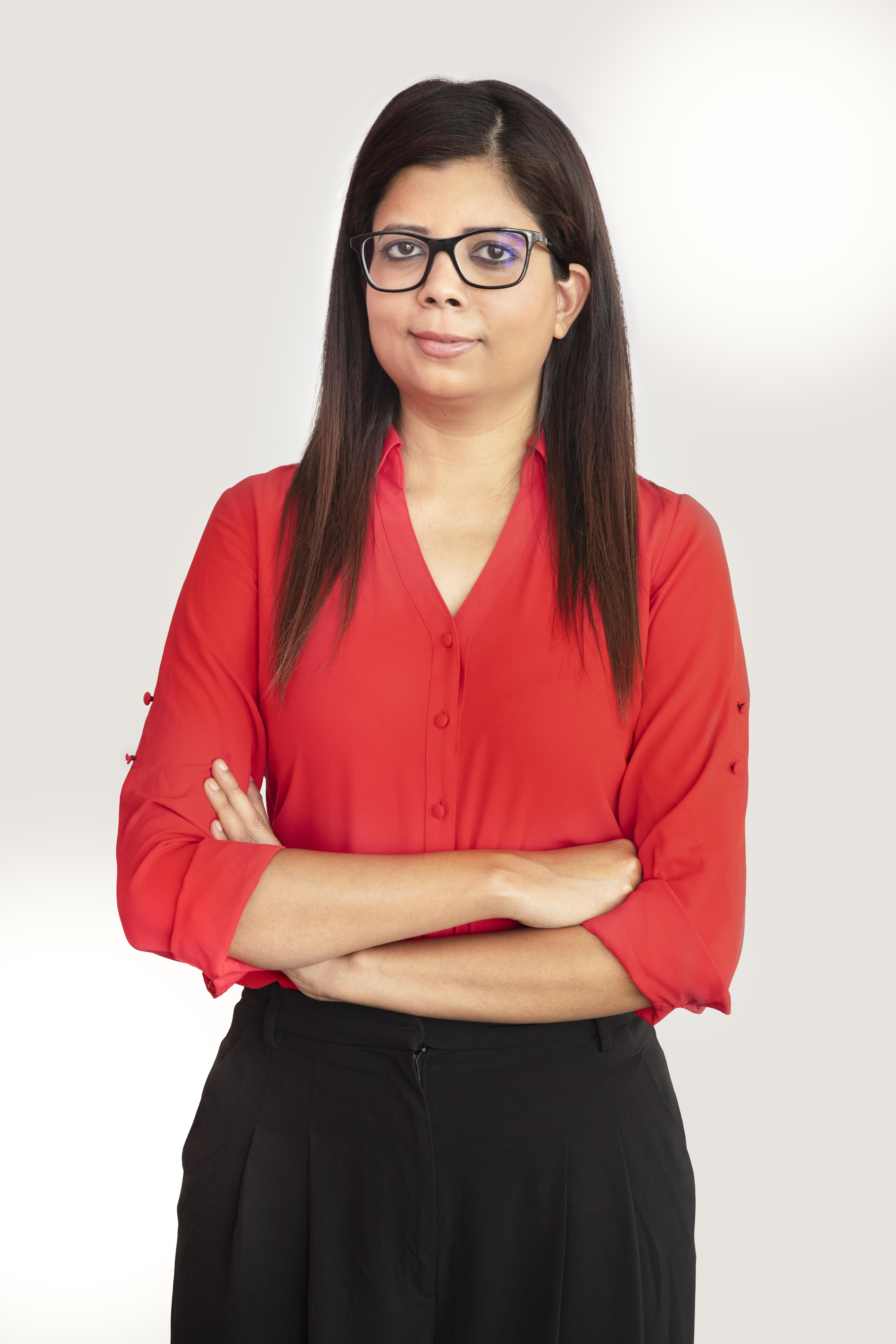
Verbatim
I've always had a passion for learning and making a positive impact on society. That's why a career in science seemed very fulfilling and attractive to me
Auteur
Poste
PhD student at Inria
Margaux Zaffran, a doctoral student in the PreMeDICaL project-team at the Inria branch at the University of Montpellier, is preparing her thesis in statistics and applied mathematics under a Cifre contract with EDF R&D Saclay, co-supervised by Inria and Ecole Polytechnique, on forecasting short-term electricity market prices. Her modeling work is now also being applied to other fields, such as medical diagnostics. She has just been awarded a L'Oréal-UNESCO Young Talent Fellowship "For Women in Science" 2023.
She is well aware that this grant, which will enable her to shine the spotlight on her career, will make her a role model for many young girls, and help to break down certain unconscious biases and self-censorship. While not every young woman's vocation is science, she is firmly convinced that the proportion of young women facing barriers, unconscious or otherwise, among those aspiring to go further down this path is considerable. A better representation of women in science can only be beneficial. On an individual level first, by confirming vocations and creating more motivating examples for young women. And on a collective scale.
Image
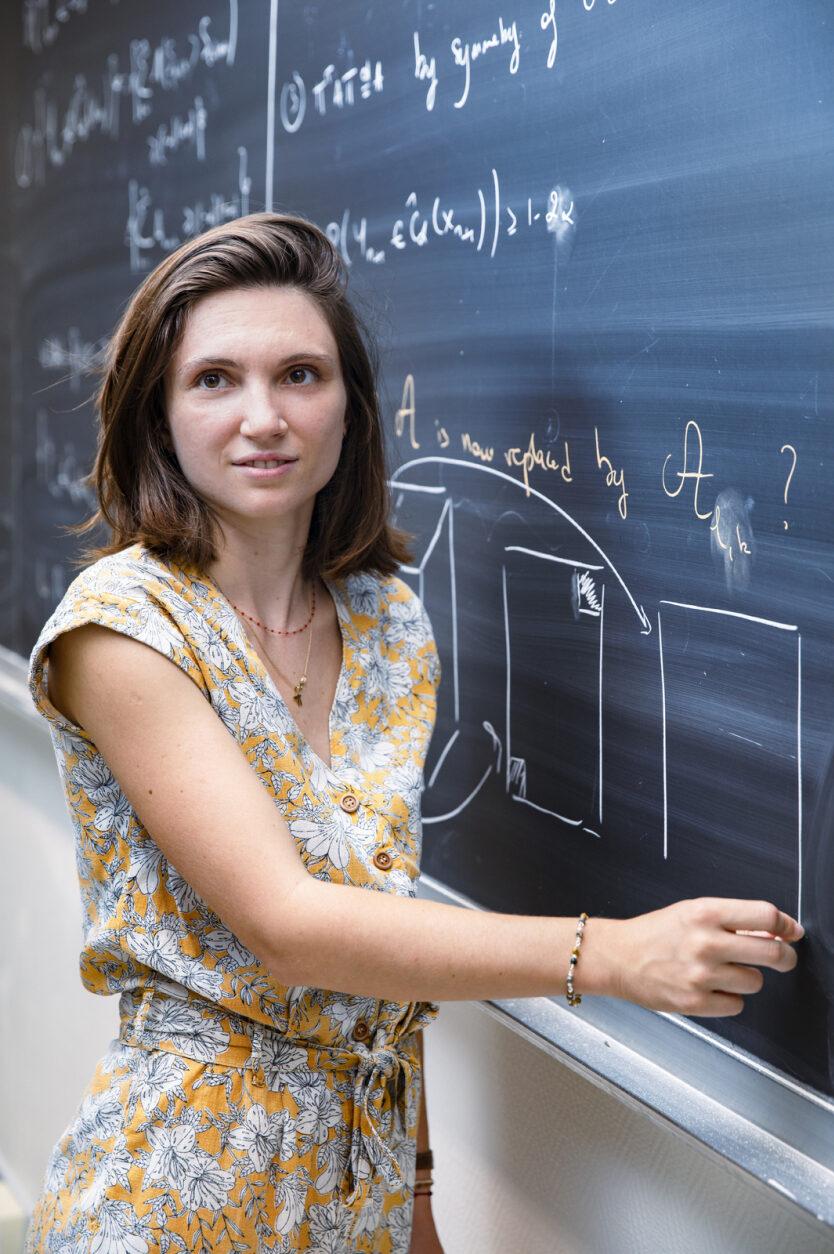
Verbatim
Research advances above all in teams. We all stand to gain from a plurality of viewpoints.
Auteur
Poste
Doctorante chez Inria